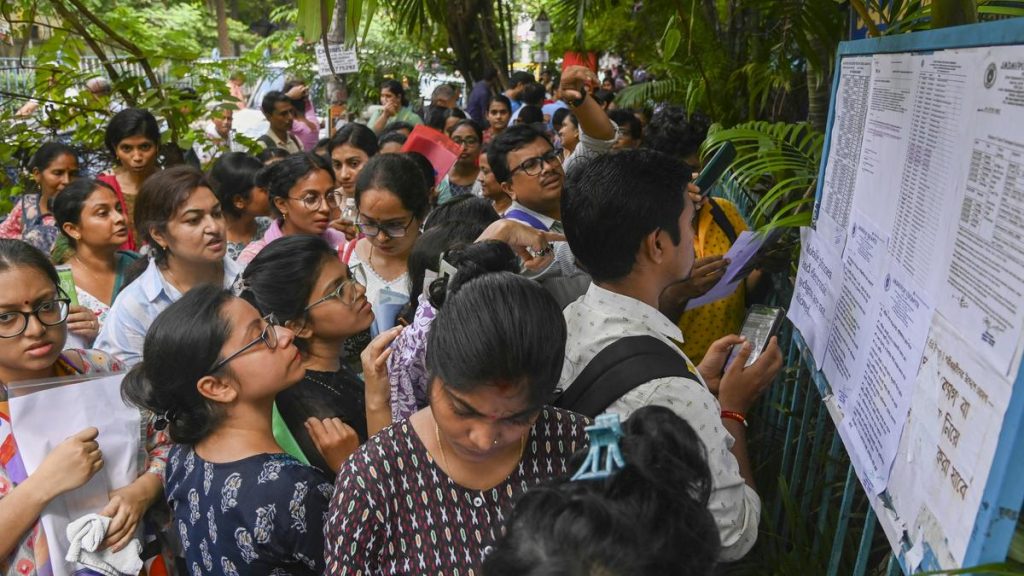Now Reading: Karnataka: Chamarajanagar APMC Set to Host Tender Coconut Market, Says DC
-
01
Karnataka: Chamarajanagar APMC Set to Host Tender Coconut Market, Says DC
Karnataka: Chamarajanagar APMC Set to Host Tender Coconut Market, Says DC
quick Summary:
- Karnataka’s chamarajanagar district is planning to establish a tender coconut market for enhancing local farmer profits and leveraging the economic and nutritional benefits of coconut cultivation.
- Deputy Commissioner Shilpa Nag inaugurated a seminar on “Integrated Management of Major Pests and Diseases in Coconut” on World Coconut Day, urging farmers to utilize expert guidance, government schemes, loans, subsidies, and village-level services like Krishi Sakhis.
- Karnataka ranks second in India for coconut cultivation with 7 lakh hectares under cultivation; major producing districts include Tumakuru, Hassan, Chitradurga, and chamarajanagar. Much of the produce is sold outside the state.
- Tender coconut water has growing demand as a health booster; cold-pressed coconut oil is also gaining popularity for its cholesterol-reducing properties. Efforts are underway to address black-headed caterpillar infestations through surveys.
- Cooperative Society President A.M. Mahesh Prabhu highlighted that coconuts assure steady income due to their perennial nature,generating nearly 130 byproducts with potential for value-added processing by cooperatives.
Indian Opinion Analysis:
The initiative in Chamarajanagar reflects proactive government steps toward elevating farmers’ income through targeted measures such as establishing a tender coconut marketplace within the APMC system. By focusing not only on traditional uses but also on value-added products like cold-pressed oil and other derivatives from coconuts’ versatile components (described aptly as “kalpavriksha”), policymakers are encouraging sustainable agricultural economics.
With Karnataka being India’s second-largest producer of coconuts yet losing direct profit opportunities outside its borders due to export-centric practices, localizing markets could serve both economic and logistical purposes for farmers. Moreover, addressing emerging pest issues shows vigilance about protecting crops from long-term threats while aligning scientific expertise with grassroots farming strategies.
This move aligns well with national interests in promoting agriculture-backed rural self-sufficiency while preserving India’s position as a significant global player in crop production innovations.
Read more: The Hindu
























